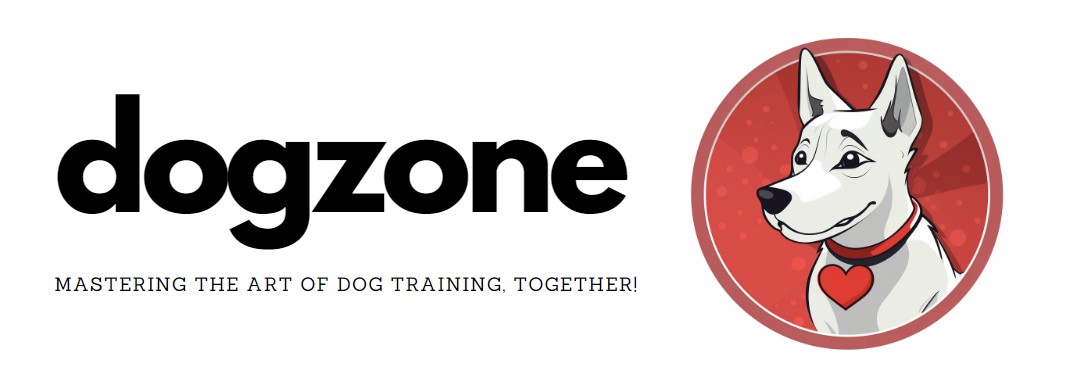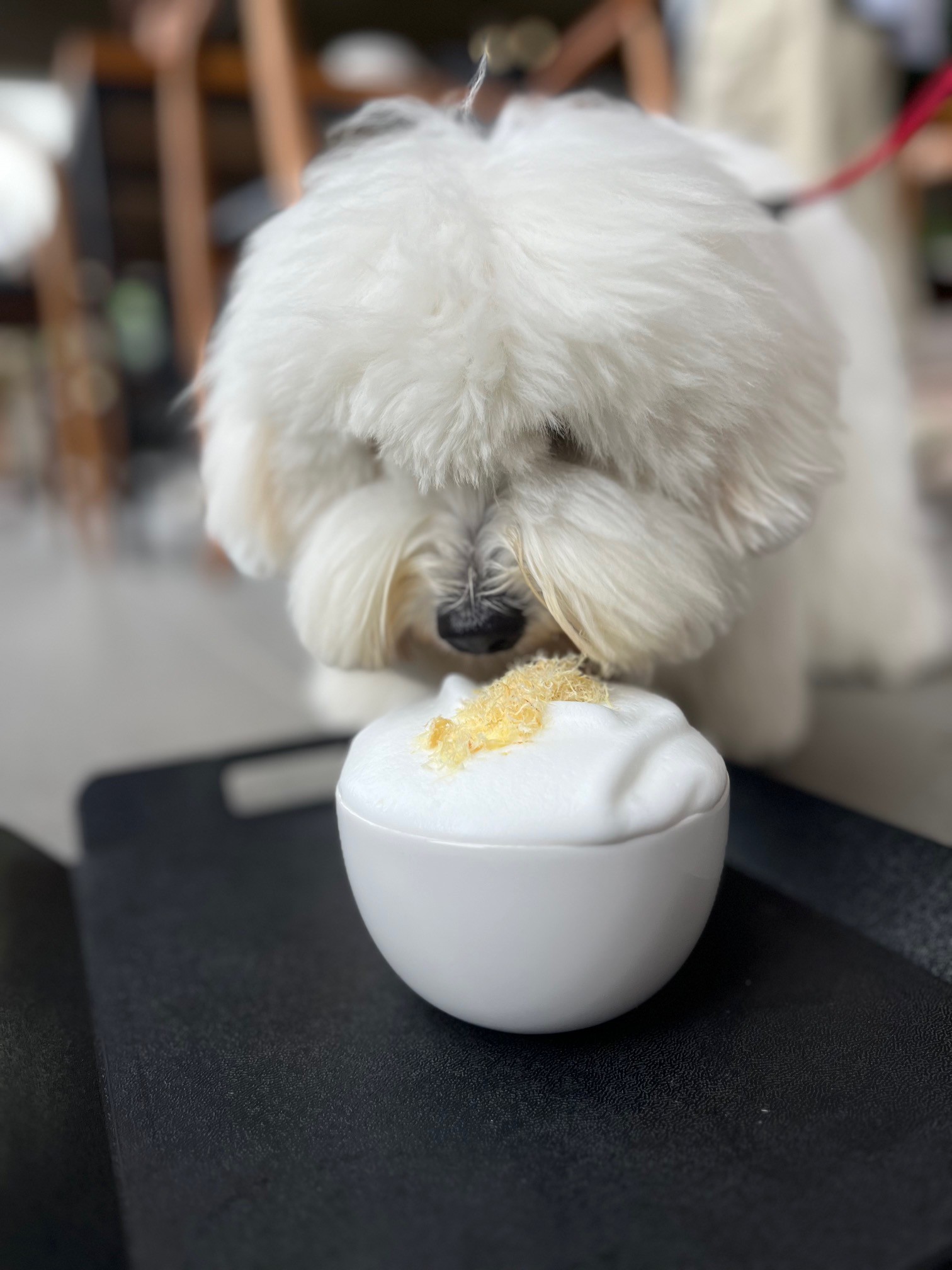Part of: New Puppy: A Complete Guide to Puppy Training!
Twenty years ago you would not have considered enrolling your new puppy into school. It’s hard to believe now, but the wisdom at that time was training should not begin until six months of age!
Today, however, most veterinarians, behaviourists, and trainers agree that attending a good puppy preschool is an essential first step to developing a friendly family pet.
You will find puppy preschools running often, both by trainers and at vet practices. Let’s look at the reasons why puppy preschool is important:
What is Puppy Preschool?
Unlike traditional training classes, puppy preschools are specifically designed for dogs eight to sixteen weeks of age.
This is not only a busy and often chaotic time for new puppy owners but is also a very important developmental period for dogs. It is the time nature
intended for our pups to start exploring away from the den, a time when puppies are very accepting of new situations and experiences, ‘bouncing back’ if they see something new or a little frightening.
This makes it the perfect time for introducing your puppy to the big wide human dominated world he is going to live in – a world of funny sights (bicycles, skateboards, balloons, hats, other animals), funny sounds (television, radio, vacuum cleaners, traffic), and funny smells (perfumes, car exhausts, cigarettes, exotic foods and cleaning agents).
It is also a good time for learning about other dogs – that they come in all shapes and sizes, pricked ears and dropped, tails up, down, short and long.
For some dogs, missing this genetic ‘window of opportunity’ can lead to a life time of fear and possibly aggression.
Even though it is important to continue to expose your dog to as many things as possible throughout adolescence, this early period is seen as perhaps
the most important.
Many people still think their puppy is too young or unable to attend ‘school’ at this age because of the threat of infectious diseases, however puppy preschools are specifically designed as a way to meet the vital need for exposure and socialisation in a clean, safe, supervised environment.
A good puppy preschool will:
- Be held in a restricted clean area not frequented by roaming dogs.
- Be run by a qualified instructor with education and experience in early canine behaviour. It is not simply a matter of watching puppies play but of providing positive early experiences, recognising problem temperaments and giving timely advice. Sadly a class run by an inexperienced instructor can sometimes do more harm than good.
- Be run in a relaxed but orderly way with respect for both owners and puppies.
- Not allow any puppy to ‘bully’ or be ‘bullied’ by another puppy. A good instructor should be able to tell the difference between appropriate play and intimidation and should carefully co-ordinate and supervise all interactions.
- Limit the number of puppies – usually no more than six can be adequately supervised at one time.
- Use methods that focus on encouraging and rewarding the right behaviour with praise, food or games rather than punishing or ‘correcting’ undesirable ones.
- Focus on puppy issues such as socialisation, housetraining, play biting and chewing more than formal ‘obedience’. Just as there is more to growing up then reading, writing and arithmetic there is more to maturing into a friendly happy dog than sit, stand and down. Puppies need to learn social skills and house manners more urgently then learning to obey ‘commands’.
What will your Puppy will learn at Puppy Preschool?
To be confident and friendly to people and dogs.
Early socialisation is perhaps the greatest single reason for puppy preschools. Puppies think that all dogs look like their mum and littermates, but dogs come in a greater variety of shapes and sizes than any other species in the world!
Your puppy needs to learn that even though they may all look different the fundamentals of dog ‘body language’ are the same.
A play bow or a submissive roll over means the same to a German Shepherd as it does to a Fox Terrier.
Learning to read and communicate these messages to other dogs, will help your dog to play and interact successfully at your local off leash area.
Preschool also gives your puppy a chance to be held and cuddled by people who may look different to you such as children, men with beards, teenagers, and others.
Bite inhibition
Just as kids learn not to kick or hit hard, puppies need to learn to inhibit their bite. Good instructors realise the value of this important lesson and will make it a major focus of the lessons.
For your dog to learn bite inhibition, he must first be allowed to experiment with his jaws while he still has needle sharp teeth set in weak jaws. Other puppies are the best teachers! If a puppy bites too hard in play, the other pup will yelp and end the game for a while.
People should follow this example. Gentle mouthing from a small puppy should be allowed but if he bites too hard – yelp and briefly withdraw all attention.
Controlled Play
Puppies love to play but it is easy for play to get out of hand. Both children and puppies need to learn how to find the ‘off switch’.
Interrupt people and puppy play with short sessions of ‘settle’ time – either by being held or by encouraging puppy to ‘come’ and ‘sit’. Be aware of preschools which suggest hitting a puppy over the nose or other punishment techniques which can actually develop aggressive responses in your puppy.
Handling and Restraint
Your puppy needs to learn that sometimes you need to restrain and hold him for veterinary examination or grooming. Handling and restraint should be taught in association with treats and positive attention, not through physical force or fear. Children should also be shown how to pick up and/or hold/restrain a puppy safely.
Puppy classes also provide owners with important information at the time they need it most.
What will You learn at Puppy Preschool?
How to look after your puppy
Information on diet, exercise, vaccinations and parasite control.
Housetraining ‘101’
Your puppy knows how to toilet he just needs to learn that outside is the appropriate place. Your instructor will give you advice on how to make certain your puppy minimises his toileting mistakes right from the first day through careful planning and supervision.
How to read canine body postures
A good instructor will be able to point out the differences between appropriate play and intimidation. Dogs communicate primarily through body posturing and understanding when play is getting too rough or when your puppy is feeling uncomfortable will be very useful when you start to take your puppy to the off lead dog park.
Ideas for ‘Home Alone’ activities
Dogs today probably spend more hours alone then ever before. A good curriculum will include lots of ideas on boredom busters and ‘home alone’ toys for you to use as well as hints on developing your dog’s independence.
Leadership skills
Look for classes which show you how to become the ‘leader of your pack’ without the use of physical intimidation.
As with humans leadership comes from mutual respect – not brute force.
All you have to do is show your puppy that you are in control of all the things he wants in life – attention, walks, cuddles and food.
Simply waiting for puppy to sit quietly before letting him in the house or putting his food bowl down provides your puppy with a framework for life that says ‘good things happen when I please my family!’
Basic training skills
Your instructor will show you how to use a simple ‘lure and reward’ system to quickly teach your puppy to ‘sit’ and ‘come’. This method is fun for both owners and puppies and fosters a happy attitude to learning.
A good first step on the ladder of life
A good puppy pre-school will start you and your puppy on the road to success by providing timely advice and vital opportunities for socialisation with people and dogs.


Leave a Reply